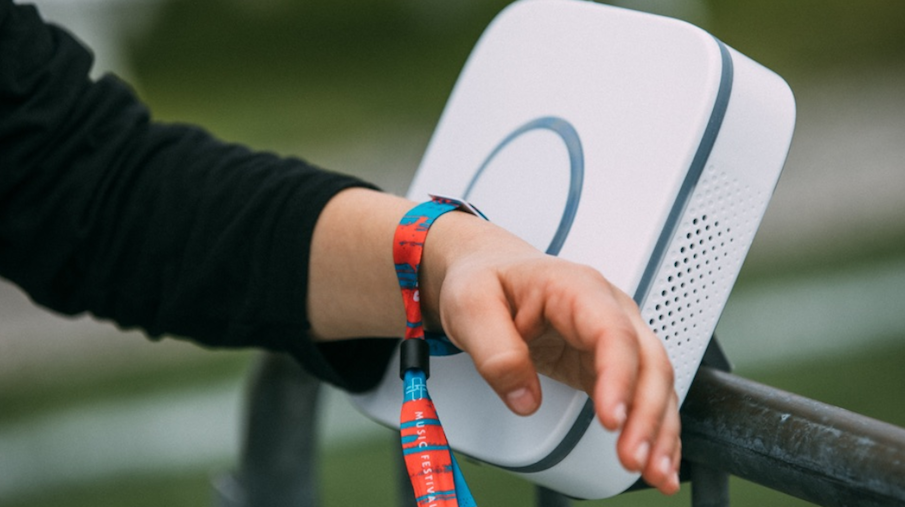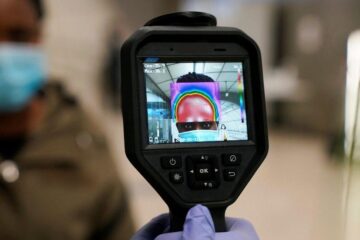Festival Technology And RFID

RFID, which stands for Radio Frequency Identification, is becoming increasingly popular with everyday festivals and events. This technological advancement allows attendees to purchase concert tickets, enter the stadium, or pay for parking without leaving their mark with a card or ID card. Festival technology provides a new opportunity for music organizers and event staff to provide access control without being invasive.
RFID allows concert organizers to capture the information about each attendee at a show. For example, the festival organizers can capture the attendee’s name, address, date of birth, and contact information before they allow them into the venue. Then, once inside the venue, they can use RFID tags to gain access to everything the attendee may want to purchase. In this way, the RFID tags are able to track not only attendance but also location and sales.
The success of RFID technology at festivals relies on its ability to accurately read human skin and clothes. The tags also enable organizers to monitor and deter underage drinking. With social media becoming a larger part of our society, event organizers can also use the tags to share photos of the evening’s events with the attendees. The photos can be shared through social media sites such as Facebook, Twitter, and Instagram. If an attendee wants to re-tweet a photo, he/she can do so after the event has ended.
RFID technology also offers the potential for event organizers to sell merchandise. It is estimated that the sale of festival tickets and merchandise will generate over three billion dollars in the United States alone in 2021. Since RFID technology is able to capture and store data from the garments of the attendees, festival organizers can send out shipping notifications. For example, if a woman at an outdoor concert wears a shirt that has her contact information, the event organizer can send an automatic email to her company with the details.
Another advantage of RFID technology at festivals is that it allows for the management of data at the event. RFID readers are placed at key areas such as entrances and exits to ensure that only authorized individuals are allowed to enter certain areas. Festival goers can also track their own whereabouts through the data collected by the RFID reader. For instance, if a person wants to buy a ticket, he can simply scan a barcode at the point of entry and receive his confirmation without standing in line or queuing for hours.
The biggest advantage of RFID technology at festivals is that it is a good way to deter crime. Many criminals and gangs target crowded venues for their illegal activities. However, with RFID at festivals, organizers can prevent crime at the festival itself by using video cameras and by keeping strict security measures at the entry and exit points. These measures have the added benefit of making the festival more fun for everyone.
Virtual reality is also another advantage of festival technology. This can be applied not only to video games and concerts but to real-life events as well. One such example is the London 2021 Olympics which used holographic projection technology to create a 3D effect of the stadium and to project the athletes onto the field. With the introduction of live streaming technology, spectators no longer need to leave their seats to watch the matches; all they need to do is to check their laptops or mobile phones for the time and dates of the game they want to watch. If they are busy with other things while waiting for the game to start, they can just flip to their computers to go online to get the latest updates on the game they are interested in.
Apart from preventing potential criminals and disrupting illegal activities, RFID can also improve efficiency at festivals. With the implementation of smart devices, festival organizers can use RFID devices to check on the attendance of each artist or performer. As people become more familiar with smart devices, they will also be able to take this technology and use it in their everyday lives, such as in hotels, restaurants, or even at work.















